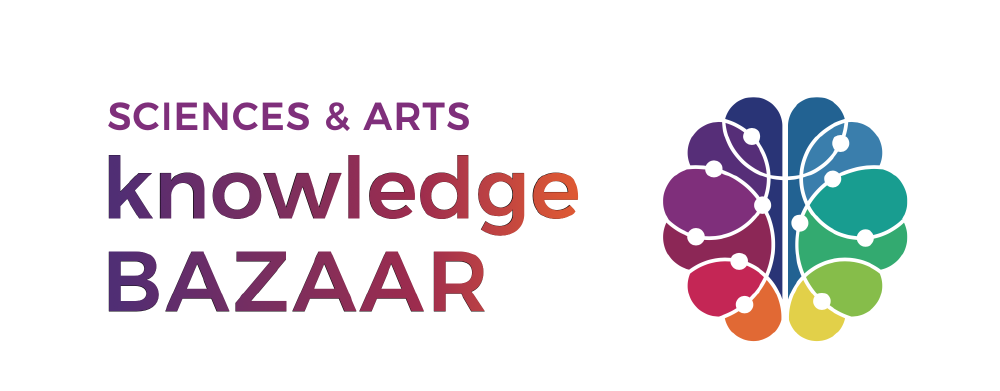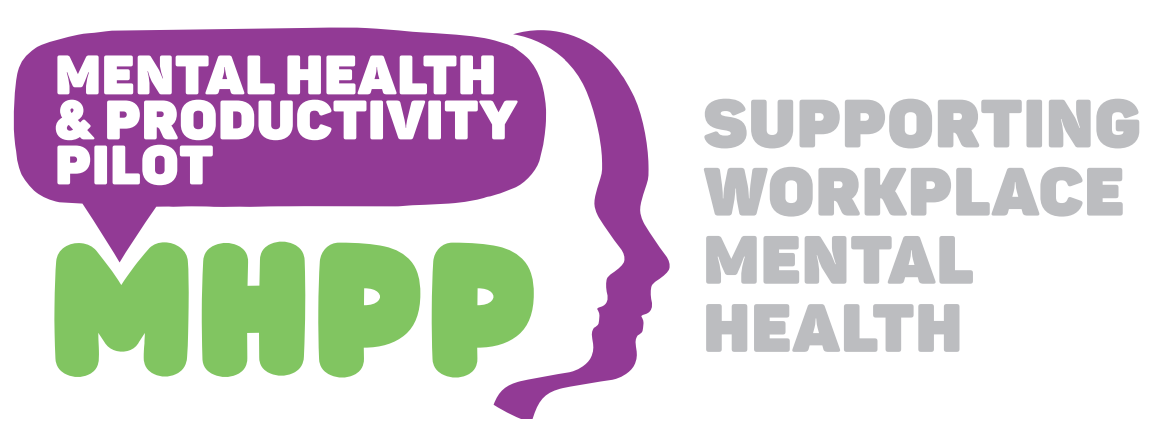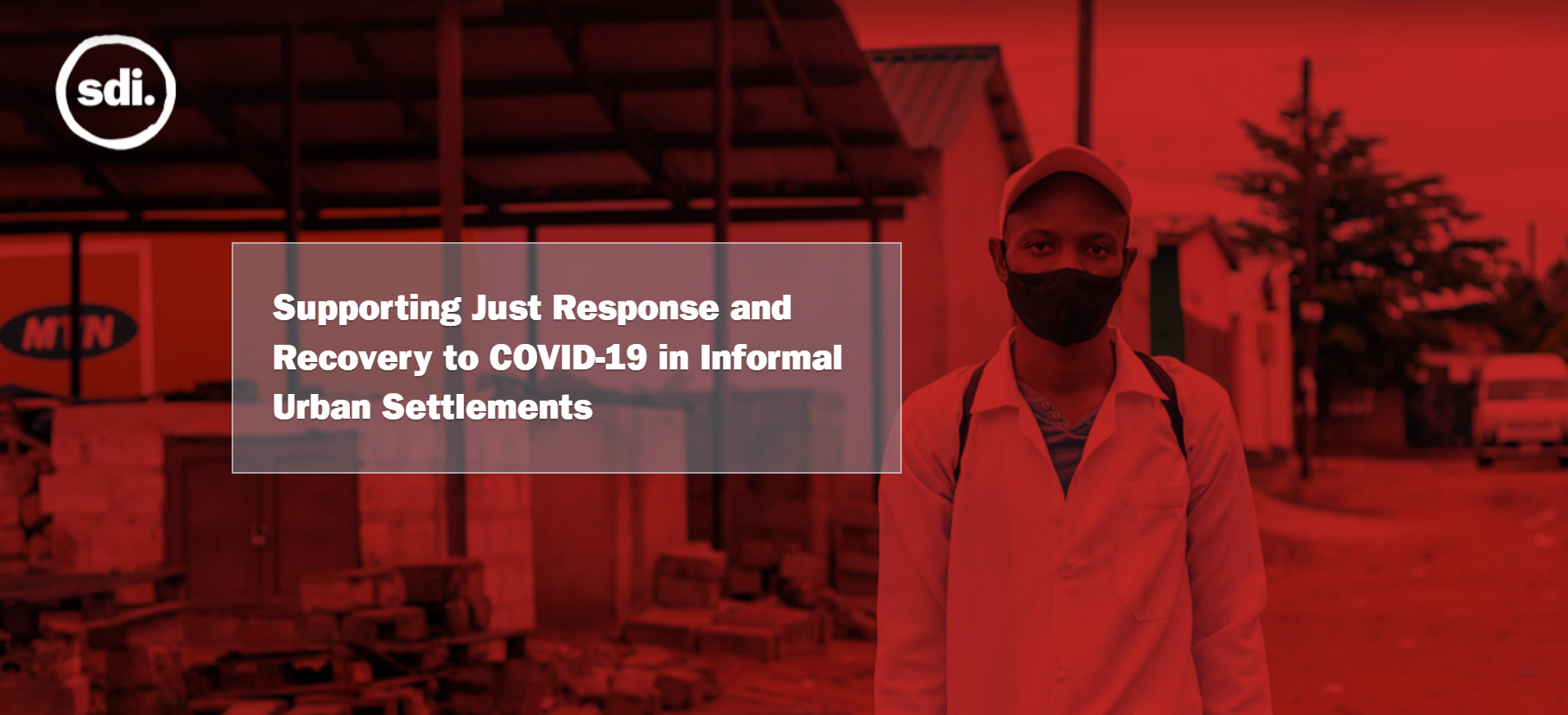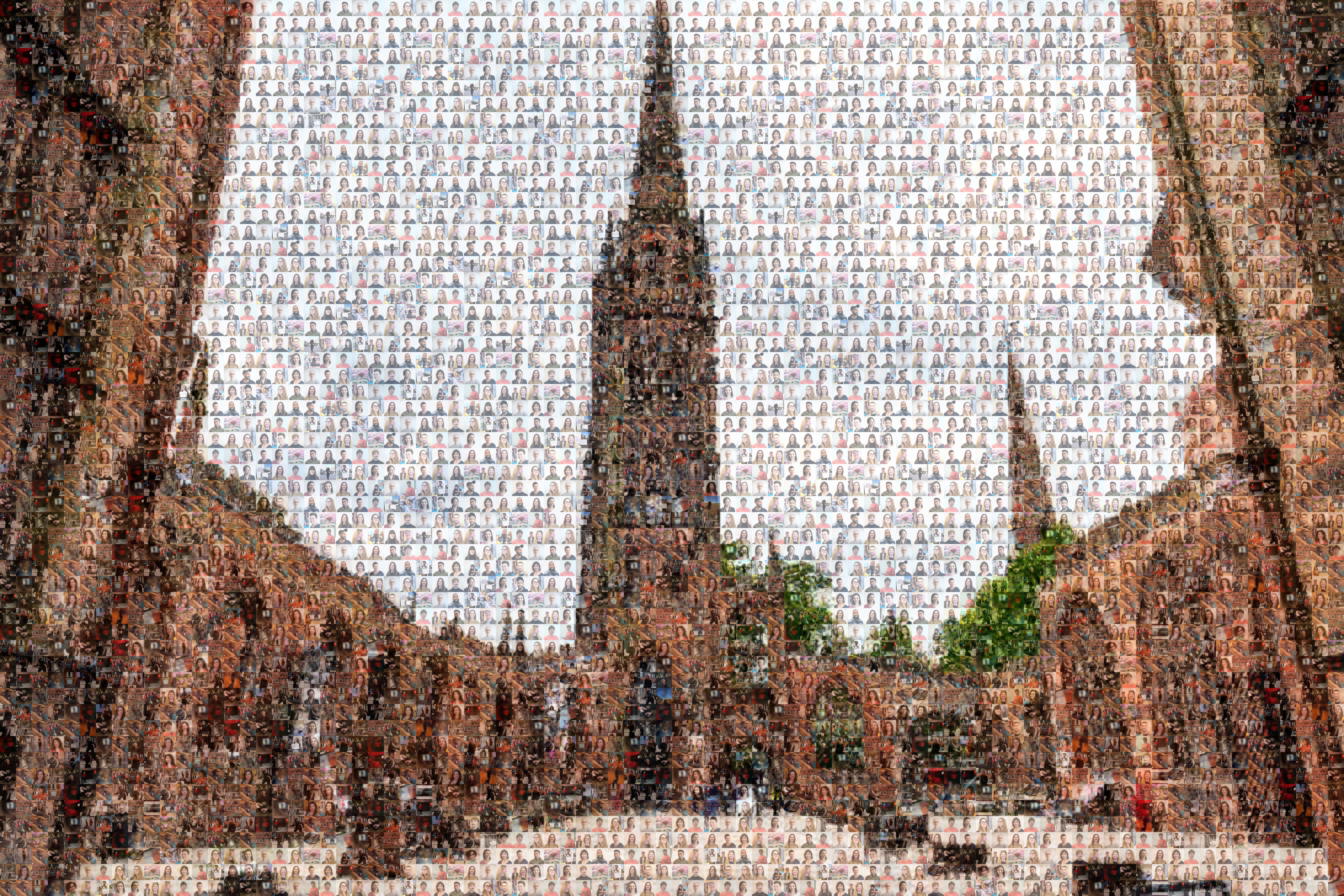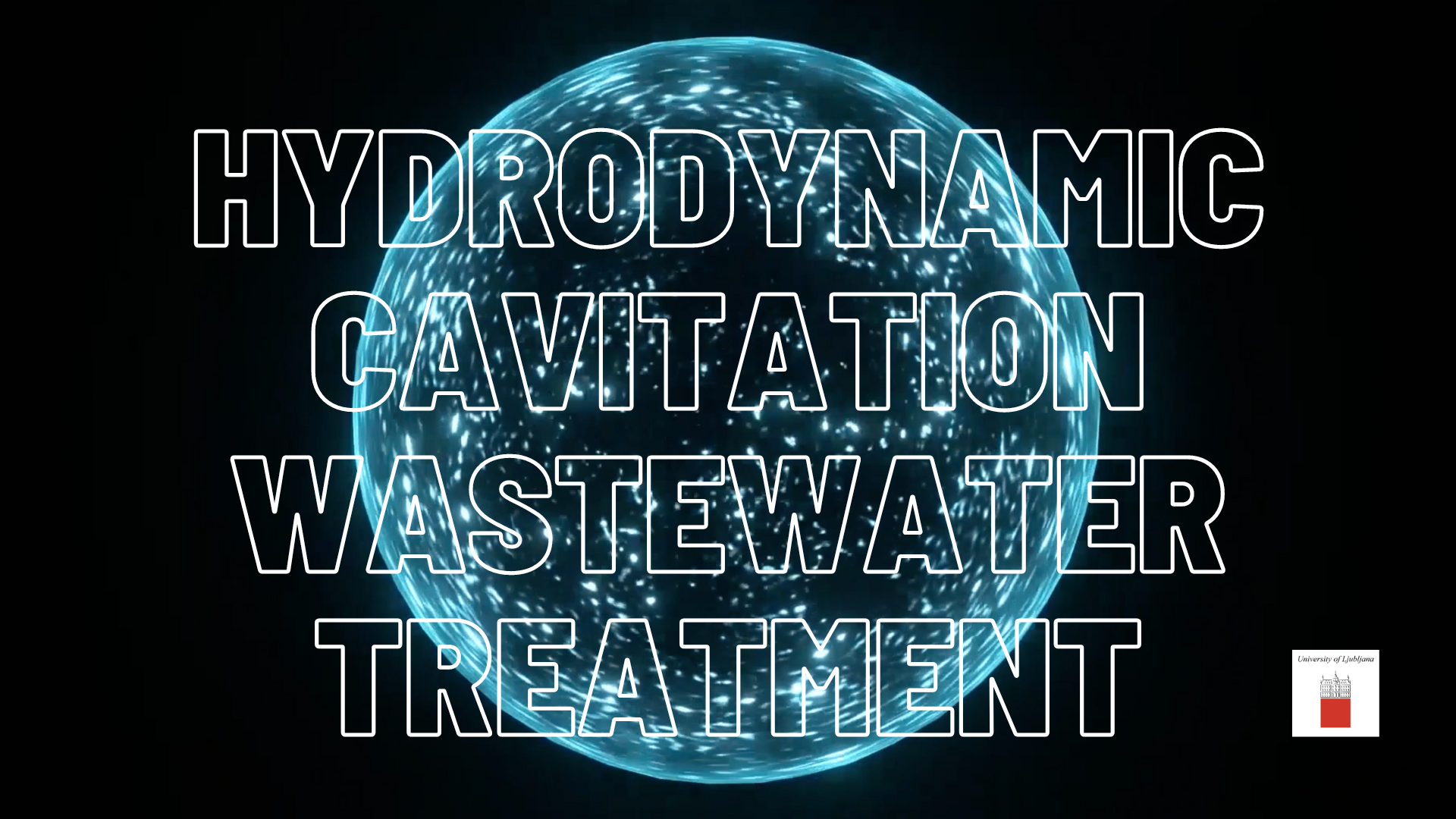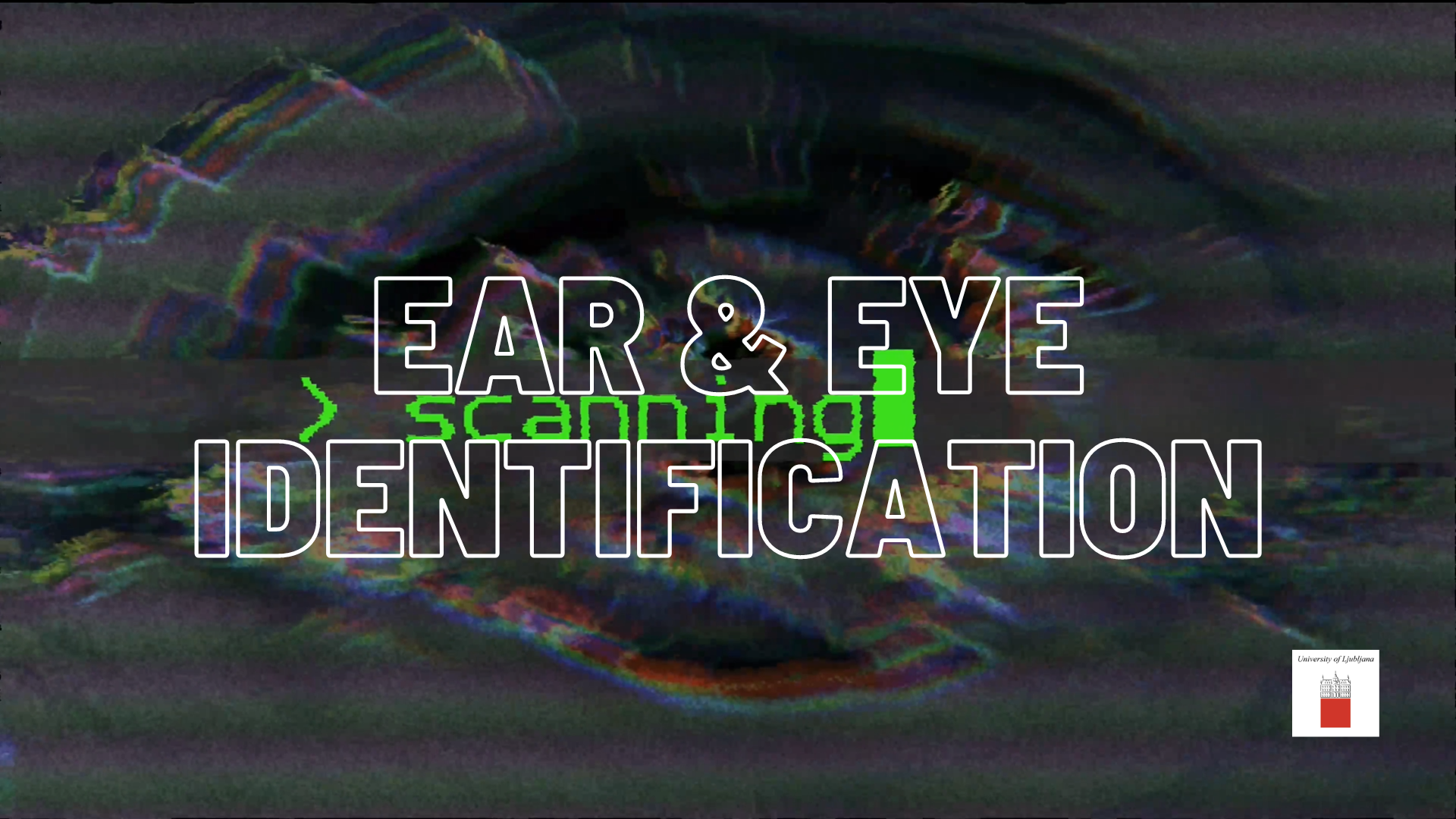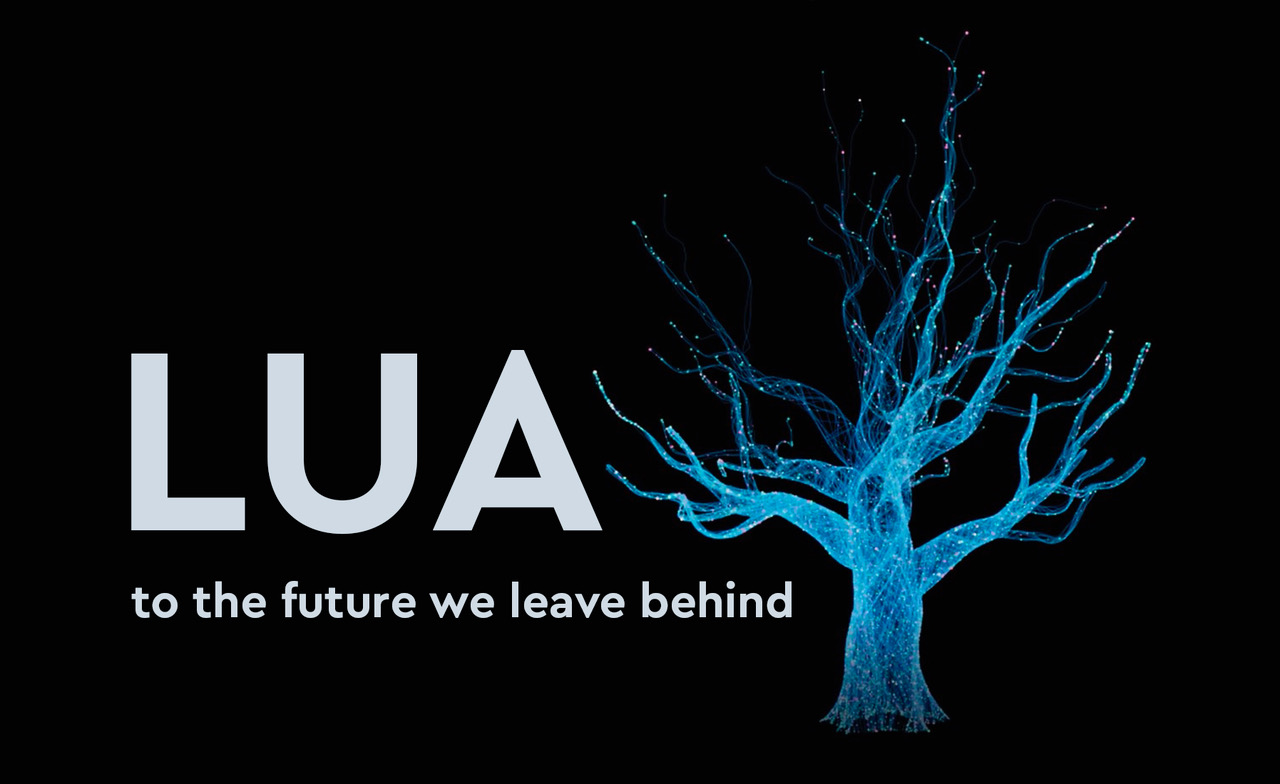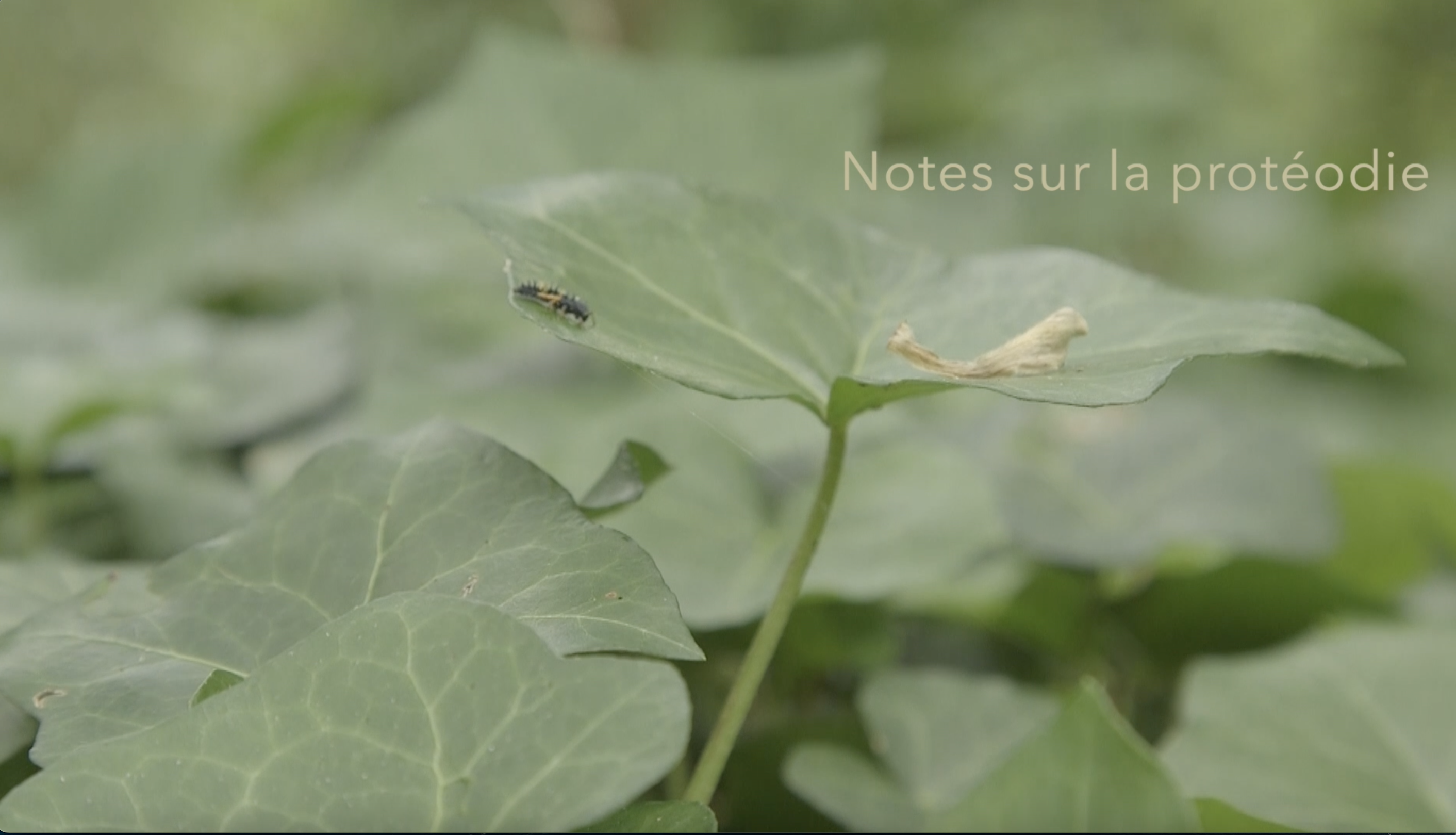You are here :
The EUTOPIA Knowledge Bazaar: A Marketplace of Ideas
An Innovative Research Marketplace
Are you interested in learning more about interdisciplinary research between the arts and sciences?
Building upon the alliance's commitment to openness and inclusion, the EUTOPIA Knowledge Bazaar aims to foster a community of curiosity and active involvement by presenting innovative research outcomes through innovative means. The Knowledge Bazaar is thus a virtual space where ideas take shape. An evocative meeting point for art and science. A marketplace of knowledge open to society and devoted to exhibiting the results of research carried out by the six original member universities of EUTOPIA.
But the Bazaar does not display research outcomes in a traditional way. It is a space of creation itself, where research is presented through experimental, audiovisual formats that are, by themselves, artistic investigation products. It invites the user to enter and browse among a myriad of images and sounds which divulge cutting-edge discoveries through innovative productions.
On the 21st of June from 4 to 6 p.m CET, the bazaar will kick off with a launch session which will take place on Zoom with simultaneous streaming on the EUTOPIA YouTube Channel. The following projects will be presented:
- The INWORK Pilots: Workplace Mental Health Support for the West Midlands
-
Mental health problems affect one in six workers each year and are the leading cause of absences due to illness. In the context of the COVID-19 pandemic, there has been an estimated increase of 500,000 cases of mental health problems. It is estimated that about 41.8% of the UK population has a high risk of mental health problems due to social and physical isolation, financial insecurities and job loss, fatigue, loss of loved ones and other reasons as a result of the COVID-19 outbreak. The INWORK trials are the initial pilot studies of four early interventions (SLEEP, REST, MENTOR, and BITE) to improve workforce mental health and productivity as part of the Mental Health and Productivity Pilot program. The project is being led by WMG at the University of Warwick, in partnership with the University of Birmingham and Mind, the mental health charity.
The MHPP is a three-year programme funded by Midlands Engine and led by Coventry University until June 2022 across a range of diverse interdisciplinary partners (charities, government bodies and academic institutions, as well as small, medium, and large organisations of different sectors) to provide evidence-informed, cost-effective and sustainable resources that support good mental health at work, reduce stigma and ultimately increase productivity. A key part of the project is to understand how the trial services could be rolled out more widely, and how they may need adapting based on feedback from the pilot phase. The mixed-method study findings will inform future larger trials of workplace interventions and will hopefully form the basis of long-term policy changes for workplace mental health and productivity. As the pandemic continues to have an impact globally, employers worldwide will need to be ready and educated to tackle the unprecedented crisis, and sharing the learning from our trials with EUTOPIA partners in the Knowledge Bazaar from across Europe will facilitate this.
Contributors' names and institutions: Caroline Meyer, Nicole Tang, Lukasz Walasek, Talar Moukhtarian, Charlotte Kershaw, Krishane Patel, Sophie Tyerman, Anna Wallace-Hurley, Aggie Payne, Tabitha Jackson, Carla Toro (University of Warwick, WMG), Sean Russel (Coventry University)
MHPP - Just Response and Recovery to COVID-19 in Informal Urban Settlements
-
As cities across Africa start to lift pandemic restrictions, young people are hoping for a more equitable future. The University of Warwick, Open University and Slum Dwellers International (SDI) have published the policy findings of an AHRC-funded project that captured the experiences of young people during the pandemic and their recommendations for a just and resilient urban future. Living in informal settlements across eight African cities, young people working as part of SDI’s youth federation led the recording of video diaries and interviews and participated in focus groups facilitated by SDI and UK researchers. The launch of this project is spear-headed by the publication of the project website and a blog hosted by the International Institute for Environment and Development (IIED), in which young people reflect on IIED’s vision for a transformative urban recovery from COVID-19.
Keith Hyams (Principal Investigator) is involved in a wide range of related initiatives on Ethics in Climate and Development, including ‘COVID Observatories’, which monitors the pandemic’s impact on Indigenous Peoples in 12 countries, documenting their lived experiences, assessing the response of local and national authorities, and identifying intervention opportunities.
Contributors’ names and institutions: Keith Hyams, Oyinlola Oyebode and Morten Byskov (University of Warwick), Arabella Fraser (Open University)
JR
- Coventry Creates
-
Coventry was UK City of Culture 2021, extended into the first half of 2022 due to the COVID-19 pandemic. At the start of the pandemic, the University Partnership between the University of Warwick and Coventry University recognised that the cultural industries faced venue closures, job losses and funding withdrawal. In response, they designed and funded a new project, Coventry Creates, in order to support collaborations between local artists and university researchers, bringing new perspectives and new audiences to academic work.
In the last two years, the project has engaged with 30 pieces of research across multiple disciplines and produced 30 creative responses reflecting key issues and themes across the local region. These were published in a Digital Exhibition in October 2020, which was updated with 12 new projects in 2021 thanks to funding from both universities and Arts Council England. The projects exhibited deal with topics such as loneliness and solitude, palliative care, and the increasing autonomy and infiltration of artificial intelligence into daily life. The project has published an evaluation of the 2020 iteration and a knowledge-sharing document about artist-researcher collaborations. The 2021 projects were showcased at the Resonate Festival in April 2022.
Contributors’ names and institutions: Jackie Hodgson and India Holme (University of Warwick)
CC2 - Mindblowers
-
The separation of art and science is an important feature of modern life – but it also constitutes a critical loss. With Mindblowers, the Vrije Universiteit Brussel (VUB) and the Flemish Royal Theatre (KVS) aim to reconnect different disciplines, bridging sometimes disparate elements and bringing them back into proximity. The Mindblowers exhibition follows the five Mindblowers events and a book publication.
Art and science are both ways of understanding the world and orientating oneself in it. Like science, art opens windows on the world. And, like scientists or scientific insights, artists or works of art can sometimes make you see things that throw your world view off-balance, challenging it, widening it, perhaps even completely renewing or changing it.
The different artists and scientists of the exhibition depart from a place of courage, passion, expertise, amor mundi and curiosity, and aim at better understanding the complexity and beauty of our world - while also cherishing its mysteries.
Contributing artists and scientists: Irene Gutièrrez, Fien Leysen, Niels de Winter, Karine Van Doninck, Caroline Vincart and David Bade
Special thanks to Lynn Tytgat, Catherine Vervaecke, Michael De Cock and Ian Komac
- Innovation through Artistic Representation at the University of Ljubljana
-
At the University of Ljubljana, our aim was to include students from various fields and backgrounds for the Knowledge Bazaar exhibition for a project including artistic representations of two chosen technologies: Hydrodynamic cavitation wastewater treatment (in cooperation with the Faculty of Engineering) and Ear & Eye identification (in cooperation with the Faculty of Computer and Information Science). We formed a dedicated extracurricular EUTOPIA module with two mentors, Jure Ahtik and Andrej Učakar from the Faculty of Natural Sciences and Engineering. The students participated in theoretical and practical lectures on the topics of artistic representation, innovation and visual communication. During this process they also formed two interdisciplinary teams that each developed and executed their own concept for the artistic representation of the two chosen technologies with the use of video production, video animation, 3D animation, sound and other artistic tools.
Each of the concepts was created by the students and carefully guided towards successful implementation under the supervision of mentors and University of Ljubljana staff members from the Knowledge Transfer office and the EUTOPIA office (Dominik Bagola, Nina Smerdu, Tjaša Nabergoj and Neva Novak). We also chose a public and widely accessible exhibition space to connect the technologies and their artistic representation with the public. From June 20 to June 24th 2022, the Knowledge Bazaar will take place in the form of a video installation at the Central Atrium Gallery in the Town Hall of Ljubljana.
Contributors’ names and institutions: Student teams of University of Ljubljana and mentors dr. Jure Ahtik and Andrej Učakar, Jurij Gostiša, Benjamin Bizjan, Mojca Zupanc, Brane Širok, Žiga Emeršič, Blaž Meden, Vitomir Štruc and Peter Peer
lub1
lub2 - LUA, To the Future We Leave Behind
-
This project was born as part of a final degree project linked to the EUTOPIA Knowledge Bazaar. Our main goal has been to plan and design an exhibition combining art and science via three research topics from Pompeu Fabra University, with an ultimate purpose of conveying a message of environmental awareness. This project is a creative reinterpretation in the form of an expository essay, with references coming from immersive exhibitions and science fiction cinema and which features luminescent aesthetics. Through LUA’s speech (LUA being some sort of microscopic God that intervened in life’s origin) it is shown that our planet stays in harmony thanks to symbiosis, which human beings are constantly altering, either willingly or unwillingly. In order to prevent our own destruction, and that of the rest of our living system, it is now time to act before we reach a point of no return.
Artists’ names and institutions: Álida Rodríguez Batista, Laia Vila Robledo, Àlex Collado Serra (1), Eduardo Rodríguez Batista (Scientific advisor) (2) / (1) Audiovisual Communication Graduate, Pompeu Fabra University. (2) Predoctoral researcher at the University of La Laguna with stay in Pompeu Fabra University
Scientists’ names and institutions: Xavier Serra (3), John Palmer (4), Marc Güell (5) / Pompeu Fabra University: (3) Departamento de Tecnologías de la Información y la Comunicación. (4) Departamento de Políticas. (5) Departamento de Ciencias Experimentales
LUA
- The Islands of Identity
-
Thinking about the body and identity is problematic and difficult, but our time is marked by a strong need to understand what makes us constitute ourselves as we really are. In a world of images, idealised representations and accelerated consumerism, it seems that there is no time left to reflect and think about oneself. For this reason, our project seeks to create a space for meditation on the body and its possibilities. Thanks to virtual reality goggles, we'll travel across the sea to the different islands of identity, which will ask us questions and make us think about who we are... if it's possible to answer that question.
Artists’ names and institutions: Ariadna Nuñez, Laia Caballero, Alberto Garrido and Dani Marzo (Universitat Pompeu Fabra) - Diffractive Drawing to Research Material-Based Processes
-
I am an artist, researcher and teacher who is halfway through a PhD in Educational Science. The methodology for my study is an entanglement of philosophic, artistic and scientific approaches to enquiring material and discursive aspects of students’ analogue modelling and sketching investigations of theories and ideas that they deal with in their art studies. In a large number of knowledge-fields, images, sketches and models are important to explore and develop as well as understanding various abstract and elusive phenomena such as spaciousness, relations and the shape thoughts. However, studies shows that such investigations are overlooked by universities, which more often rewards alphanumeric literacy. My study aims to develop current understanding of what material (human and non-human) and spatial aspects do as part of processes of knowing, to hopefully intensify the discussion about how higher education is prepared and implemented. For this presentation I will show a part of my analyses: the diffractive drawing.
Contributors' names and institutions: Camilla Johansson Bäcklund (HDK-Valand, Faculty of Fine, Applied and Performing Arts, University of Gothenburg)
- Proteody
-
Our project is part of a reflection on our point of view and our place in the research carried out on genodics and proteody. With a set of shots and notes in immersion with Olivier Gallet in the laboratory of the ERRMECe research unit, we set out to meet proteody (a mixture of "protein" and "melody"), a science that challenges us by its ambiguity between the arts and music. In the video, we take stock of this recent discovery and try to find ways to shape the poetry of proteody.
How can we imagine that plants can feel the acoustics of what we humans call "melody", "music", or "song"? How can we conceive that a sequence of sounds produced by birds can influence the proteins of plants and thus accelerate their flowering?
Here is for us, perhaps, the role of mystery or artistic vagueness of the proteody. We are three art students, invited into the bustle and emulation of a laboratory with its characters, its rules. In its setting and its apparent seriousness, we mostly see noises, colors, movements and shapes.
So begins to take shape for three sculptors and designers, forms of artistic expression on proteody...
Contributors' names and institutions: Emma Crémier, Emma Fleury-Cancouet and Joana Peralta, advised by Charlotte Charbonnel and Olivier Gallet (CY Cergy Paris Université - École nationale supérieure d'arts de Paris-Cergy)
n



